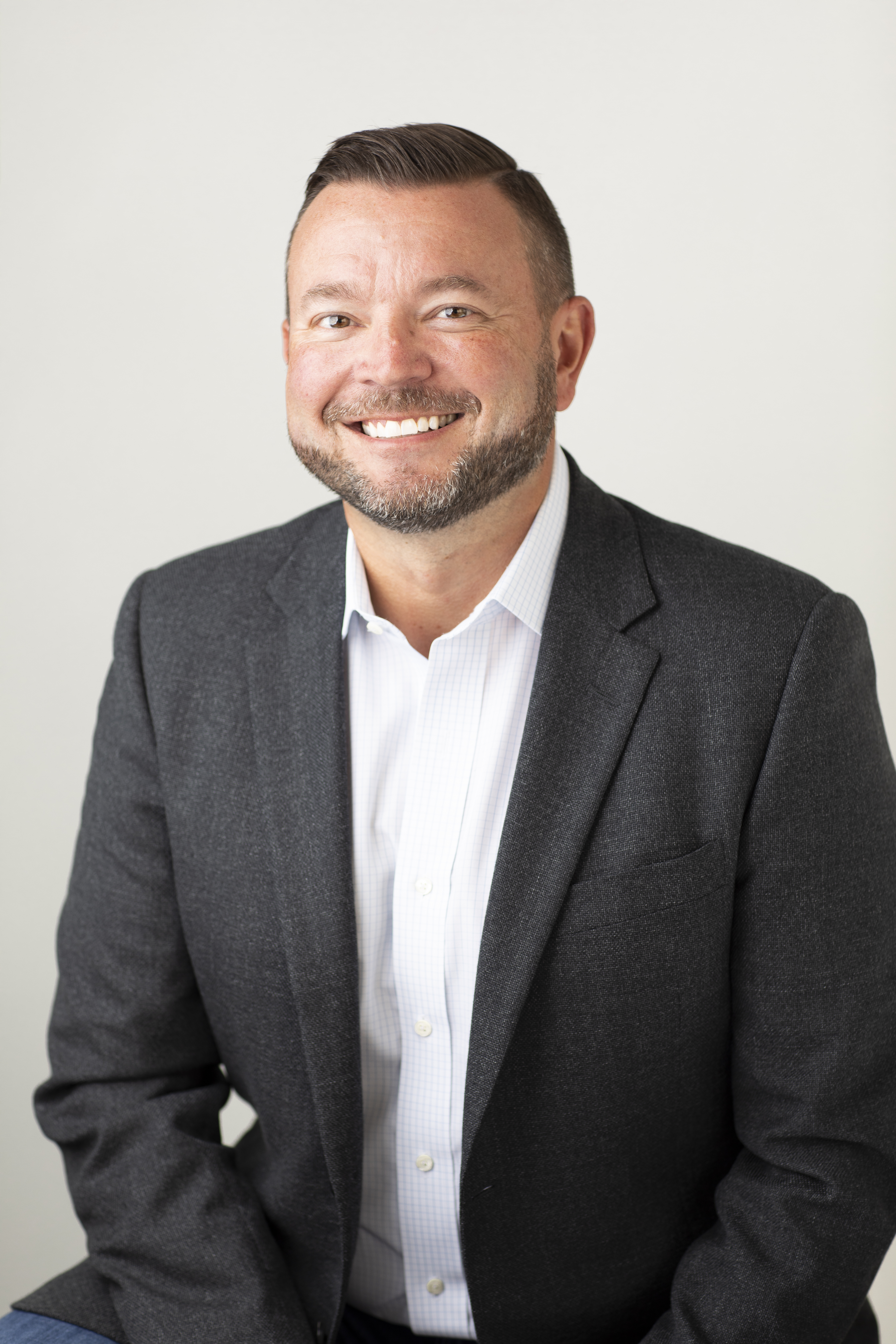History Of Success
"Well the simplest answer is that we are constantly trying to manage our role as a key contributor", answered David Findlay, President & CFO at Lake City Bank, as we discussed why his organization is so involved in the communities it serves. Findlay continued, "The only way to survive is by helping our clients and communities be successful too. We believe that we have a depth of commitment that is stronger than any of our competitors. We serve the community in every market we’re in and have committed our people and resources to our clients and communities to support their success.”
Lake City Bank was founded in 1872 in Warsaw, Indiana. It serves Indiana with 45 branches located in northern Indiana and now in Indianapolis as well. The holding company, Lakeland Financial Corporation, has over $3 billion in assets. That's over 140 years of continuous service under the same name.
This long term record of success got me thinking. Are you and your organization committed for the long haul? A few years ago a joint study by researchers at Thunderbird School of Global Management, ASU and, Penn found that when leaders balance the concerns of customers, employees, and community their employees see their organization as more visionary and participatory. Employees report being more willing to put in extra effort. The engagement drives better corporate results.
Community Is Part Of The Strategy
I asked Findlay about their strategy for growth as they have branched out from Kosciusko County over the past twenty plus years. "We’re an Indiana bank serving Indiana communities. That’s where our strategy starts," said Findlay. "When we started our expansion, we started in Elkhart County. It has one of the most entrepreneurial business environments in Indiana. The market had undergone a dramatic change in the presence of local banks. The two leading community banks in the market had been acquired, and we felt that the market would be receptive to the Lake City Bank approach to community banking. The same factors have influenced our subsequent expansion into the South Bend market in 1997, the Fort Wayne market in 1999, and the Indianapolis market in 2011."
Author John Jantsch, in his book The Commitment Engine: Making Work Worth It, talks about building your company around a purpose. Employees need something simple and straightforward to rally around. And it needs to be more than just the bottom line.
Findlay continued, "It’s an understatement to say that we encourage our team to be involved in their local communities. We are proud of the fact that our team takes a prideful ownership in their respective communities. We aren’t bringing banking officers in from out of state or out of town. We are developing and hiring local bankers. Community involvement is a company-wide effort, and truthfully, it’s one that we don’t have to work very hard to accomplish.”
For Lake City Bank, it permeates their entire organization. "It’s part of our DNA as we commit hundreds of thousands of dollars and thousands of volunteer hours to our communities every year. If there is a parade in your town, we’ll be in it. If there is a Chamber of Commerce event, we’ll be at it. We think it’s part of our culture that comes very naturally to our 500+ team members", said Findlay.
I think it's interesting that in spite of technology bringing more retail banking to the internet or apps on a smart phone, Lake City Bank still likes to demonstrate a physical commitment to a community as well. "We build offices that represent a real investment in the community and indicate our long term intentions," commented the Lake City Bank President. "We also make every community a priority. While the bank is headquartered in Warsaw, the entire leadership team is engaged and involved in every market we serve. We put a lot of miles on our cars every year, but we think it’s an important statement to the communities that we serve that we are an Indiana bank serving Indiana communities.”
What's The Risk?
In talking with David Findlay, it's clear that the bank's focus on taking care of clients is a key differentiator. But the ability to do that best is directly tied to their commitment to independence. Being and remaining independent and community focused requires an additional level of engagement and support by their team. As he says, it's part of their culture, but I think over the years it can become difficult to maintain. The risk comes when organizations lose their connection to what made them great in the first place. With each new batch of employees, the mission becomes watered down, and before you know it, nobody knows why you do what you do.
So what is Lake City Bank's winning formula?
- Take care of clients - "They aren’t just clients; they are our neighbors, our friends and our centers of influence."
- Consistent execution - "We are an execution and results-oriented culture, but we all understand that the results are only as good as the client service."
- Grow, but keep what you got - "While we focus on who our next customer will be, we focus more on the clients we already have. Taking care of them will give us the ability and the reputation to develop the next relationship."
- Be engaged locally - "We believe that our Hoosier communities find value in our community-driven culture and it will be the difference as we move forward."
- Return value - "We’re very mindful of shareholder value and have a mission and strategic plan designed to help us remain independent."
- Independence - "As a result, we think we do a better job at taking care of the clients."
As author Jantsch says, “Have you ever encountered a business where everything felt effortless? The experience was perfect, and the products, people, and brand worked together gracefully. You made an odd request; it was greeted with a smile. You went to try a new feature; it was right where it should be. You walked in, sat down, and felt right at home... Businesses that run so smoothly as to seem self-managed aren’t normal. In fact, they are terribly counter-intuitive, but terribly simple as it turns out.”




